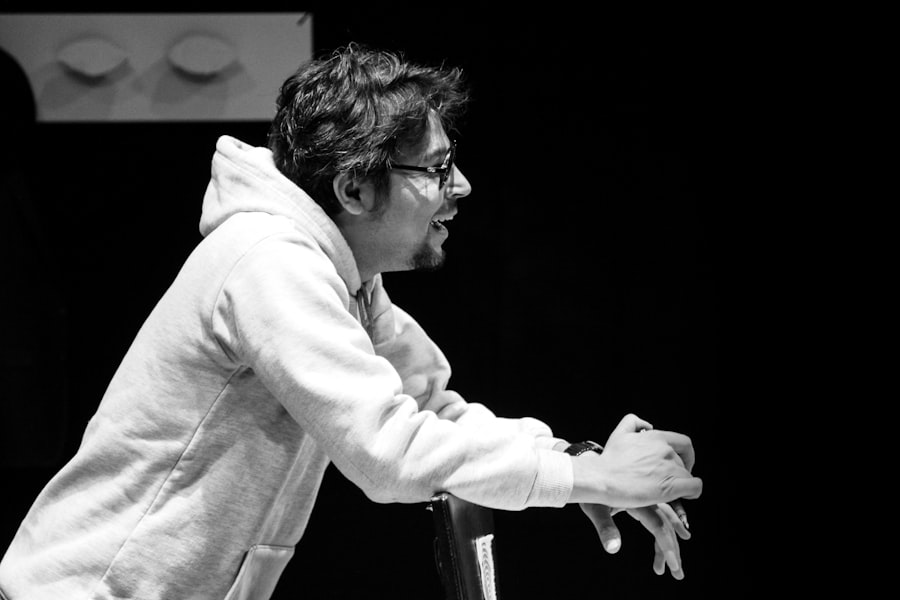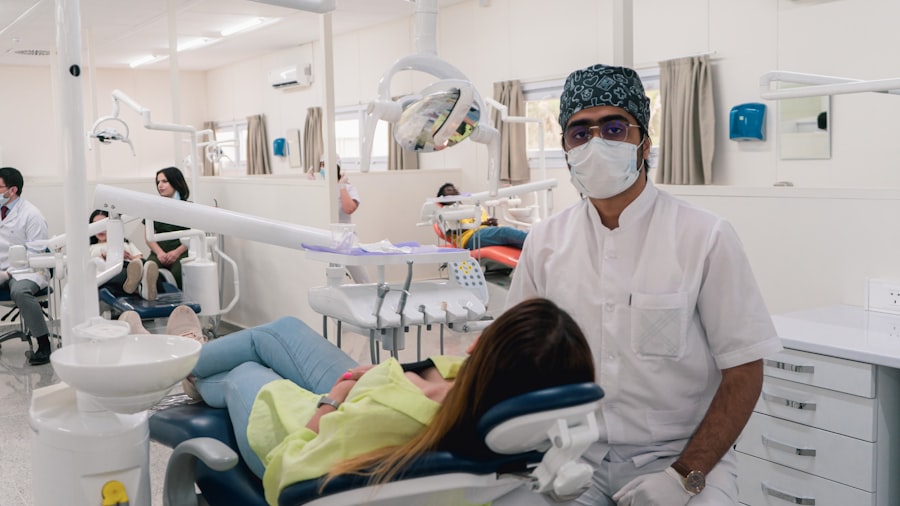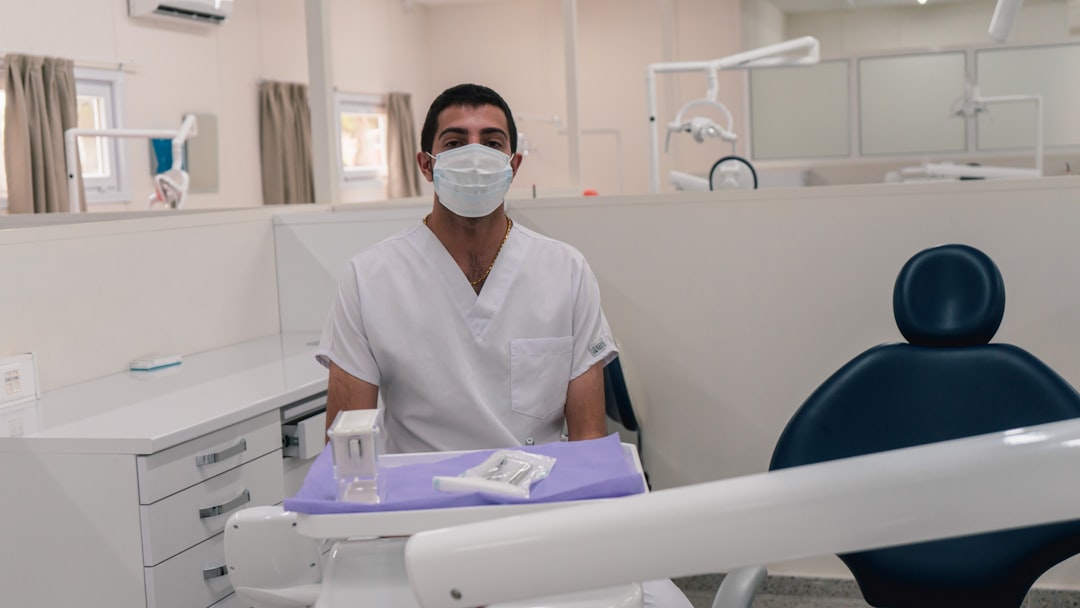In Norway, a Health Visitor, known as a Helsesykepleier, plays a pivotal role in the healthcare system, particularly in the realm of maternal and child health. These professionals are trained nurses who specialise in public health and are primarily focused on promoting health and preventing illness among families, especially during the crucial early years of a child’s life. Their responsibilities encompass a wide range of activities, including conducting health assessments, providing vaccinations, and offering guidance on nutrition and parenting.
The Helsesykepleier serves as a vital link between families and the healthcare system, ensuring that individuals receive the support they need to thrive. Health Visitors operate within the framework of the Norwegian public health system, which emphasises accessibility and preventive care. They work closely with families in their homes and community settings, fostering relationships built on trust and understanding.
This approach allows them to identify potential health issues early on and intervene appropriately. By focusing on prevention and education, Health Visitors contribute significantly to the overall well-being of the population, making them an indispensable part of Norway’s healthcare landscape. Book your 1-hour strategy session with Norway Relocation Group.
Summary
- Health Visitors in Norway, known as Helsesykepleier, are specialized nurses who focus on promoting public health and supporting families and individuals.
- The history of health visiting in Norway dates back to the early 1900s and has evolved to encompass a collaborative approach to healthcare.
- To become a Helsesykepleier in Norway, individuals must complete a bachelor’s degree in nursing and additional training in public health and community nursing.
- Health Visitors play a crucial role in promoting early childhood development and supporting families to ensure the well-being of children.
- In Norway, Health Visitors work collaboratively with other healthcare professionals to prevent and manage chronic diseases, contributing to the overall health of the population.
The History and Evolution of Health Visiting in Norway
The concept of health visiting in Norway has evolved significantly over the years, reflecting changes in societal needs and healthcare practices. The roots of health visiting can be traced back to the early 20th century when public health initiatives began to gain traction in response to high infant mortality rates and poor maternal health. The establishment of maternal and child health clinics marked a turning point, as these facilities aimed to provide comprehensive care for mothers and their children.
Health Visitors emerged as key figures within these clinics, tasked with delivering essential services and education to families. As Norway progressed through the mid-20th century, the role of Health Visitors expanded further. The introduction of universal healthcare in 1956 solidified their position within the public health framework, allowing them to reach a broader population.
Over time, their responsibilities have adapted to encompass not only maternal and child health but also mental health support, chronic disease management, and community health promotion. This evolution reflects a growing recognition of the importance of holistic care and the need for Health Visitors to address a wide array of health concerns within the community.
The Education and Training Required to Become a Health Visitor in Norway

To become a Health Visitor in Norway, individuals must first complete a nursing degree, which typically takes three years. This foundational education provides aspiring Health Visitors with essential knowledge in medical science, nursing practice, and patient care. Following this initial training, candidates must pursue a specialised master’s degree in public health nursing or health visiting, which usually requires an additional two years of study.
This advanced education equips them with the skills necessary to address complex public health issues and work effectively within diverse communities. In addition to formal education, practical experience is crucial for aspiring Health Visitors. During their training, students engage in clinical placements that allow them to apply their theoretical knowledge in real-world settings.
These placements often occur in community health clinics or maternal and child health centres, where students learn from experienced professionals and develop their skills in communication, assessment, and intervention. Continuous professional development is also encouraged throughout a Health Visitor’s career, ensuring they remain up-to-date with the latest research and best practices in public health.
The Role of a Health Visitor in Promoting Public Health in Norway
Health Visitors play a vital role in promoting public health across Norway by implementing preventive measures and fostering healthy behaviours within communities. They are often the first point of contact for families navigating the healthcare system, providing essential information about available services and resources. By conducting regular health assessments for children and families, Health Visitors can identify potential health risks early on and intervene before issues escalate.
This proactive approach not only improves individual health outcomes but also contributes to the overall well-being of society. Moreover, Health Visitors are instrumental in delivering educational programmes that empower families to make informed decisions about their health. They provide guidance on topics such as nutrition, physical activity, mental well-being, and parenting skills.
By equipping families with knowledge and resources, Health Visitors help to instil healthy habits that can be passed down through generations. Their work is particularly important in addressing health disparities within vulnerable populations, ensuring that all families have access to the support they need to thrive.
The Importance of Early Childhood Development in the Work of a Health Visitor
Early childhood development is a cornerstone of the work carried out by Health Visitors in Norway. Research has consistently shown that the early years of a child’s life are critical for cognitive, emotional, and social development. Health Visitors are uniquely positioned to support families during this crucial period by providing guidance on developmental milestones, parenting techniques, and early intervention strategies.
Their expertise allows them to identify any potential developmental delays or concerns early on, facilitating timely referrals to appropriate services. In addition to monitoring physical growth and development, Health Visitors also focus on fostering positive parent-child relationships. They offer support to parents in understanding their child’s needs and behaviours, helping them navigate challenges such as sleep issues or behavioural concerns.
By promoting secure attachments between parents and children, Health Visitors contribute to healthier emotional development and resilience in children. This emphasis on early childhood development not only benefits individual families but also has far-reaching implications for society as a whole.
The Role of a Health Visitor in Supporting Families and Individuals in Norway

Health Visitors serve as advocates for families and individuals within the Norwegian healthcare system. They provide tailored support that addresses the unique needs of each family they encounter. This may involve offering practical assistance with accessing healthcare services or navigating social support systems.
By building strong relationships with families, Health Visitors create an environment where individuals feel comfortable discussing their concerns and seeking help when needed. In addition to direct support, Health Visitors also play a crucial role in connecting families with community resources. They are knowledgeable about local services such as mental health support groups, parenting classes, and financial assistance programmes.
By facilitating these connections, Health Visitors empower families to take charge of their own health and well-being. Their holistic approach ensures that families receive comprehensive support that addresses not only physical health but also emotional and social needs.
The Collaborative Approach of Health Visitors in Norway
Collaboration is at the heart of effective health visiting practice in Norway. Health Visitors work closely with various stakeholders, including healthcare professionals, social workers, educators, and community organisations. This collaborative approach allows for a more integrated response to public health challenges and ensures that families receive comprehensive care tailored to their specific circumstances.
Health Visitors often participate in multidisciplinary teams that bring together professionals from different fields to address complex health issues. For example, when working with families facing mental health challenges or substance abuse issues, Health Visitors collaborate with psychologists or addiction specialists to provide holistic support. This teamwork not only enhances the quality of care provided but also fosters a sense of community among professionals dedicated to improving public health outcomes.
The Role of a Health Visitor in Preventing and Managing Chronic Diseases in Norway
Chronic diseases pose significant challenges to public health in Norway, making the role of Health Visitors increasingly important in prevention and management efforts. These professionals are equipped to educate families about risk factors associated with chronic conditions such as diabetes, obesity, and cardiovascular diseases. By promoting healthy lifestyle choices—such as balanced nutrition and regular physical activity—Health Visitors play a crucial role in reducing the prevalence of these diseases within communities.
In addition to prevention efforts, Health Visitors also support individuals living with chronic conditions by providing ongoing education and resources for self-management. They help patients understand their conditions better and navigate treatment options while encouraging adherence to prescribed therapies. By fostering strong relationships with patients, Health Visitors can monitor progress over time and make necessary adjustments to care plans as needed.
The Challenges Faced by Health Visitors in Norway
Despite their vital contributions to public health, Health Visitors in Norway face several challenges that can impact their effectiveness. One significant issue is the increasing demand for services due to rising population numbers and changing demographics. As more families seek support from Health Visitors, professionals may find themselves stretched thin, leading to concerns about workload management and burnout.
Additionally, addressing complex social determinants of health can be challenging for Health Visitors who often encounter families facing multiple barriers such as poverty or social isolation. These factors can complicate efforts to promote healthy behaviours or access necessary services. To overcome these challenges, ongoing training and support for Health Visitors are essential to ensure they remain equipped to meet the diverse needs of the populations they serve.
The Future of Health Visiting in Norway
The future of health visiting in Norway appears promising as awareness grows regarding the importance of preventive care and early intervention. As public health priorities continue to evolve, there is an increasing recognition of the need for comprehensive support systems that address both physical and mental well-being. This shift may lead to expanded roles for Health Visitors as they adapt their practices to meet emerging challenges within communities.
Furthermore, advancements in technology may enhance the capabilities of Health Visitors by providing new tools for communication and data collection. Telehealth services could enable more efficient outreach efforts while maintaining strong connections with families even amidst geographical barriers or time constraints. As these changes unfold, it will be crucial for Health Visitors to remain adaptable and embrace innovative approaches that enhance their ability to serve communities effectively.
The Impact of Health Visitors on the Health and Well-being of the Norwegian Population
The impact of Health Visitors on the health and well-being of the Norwegian population cannot be overstated. Through their dedicated efforts in promoting public health, supporting families, and addressing chronic diseases, they contribute significantly to improved health outcomes across communities. Their focus on early childhood development ensures that children receive the best possible start in life while fostering resilience among families facing challenges.
Moreover, by advocating for preventive care and holistic support systems within society at large, Health Visitors help create healthier communities overall. Their collaborative approach fosters partnerships among various stakeholders dedicated to improving public health outcomes—ultimately leading to a stronger healthcare system that prioritises well-being for all citizens. In conclusion, as we reflect on the multifaceted role of Health Visitors within Norway’s healthcare landscape, it becomes clear that their contributions are invaluable not only for individual families but also for society as a whole.
Their commitment to promoting public health through education, advocacy, collaboration—and above all—compassion underscores why they remain an essential component of Norway’s approach towards achieving optimal health outcomes for its population. For those interested in understanding more about this vital profession or seeking opportunities within this field while enhancing their language skills simultaneously—consider enrolling in Norwegian courses at NLS Norwegian Language School! With tailored programmes designed specifically for non-native speakers looking to immerse themselves into both language learning alongside cultural insights—NLS offers an excellent pathway towards achieving fluency while gaining deeper appreciation towards professions like that of a Helsesykepleier!
Speak Norwegian with confidence. Enroll in a class at the NLS Norwegian Language School now.

